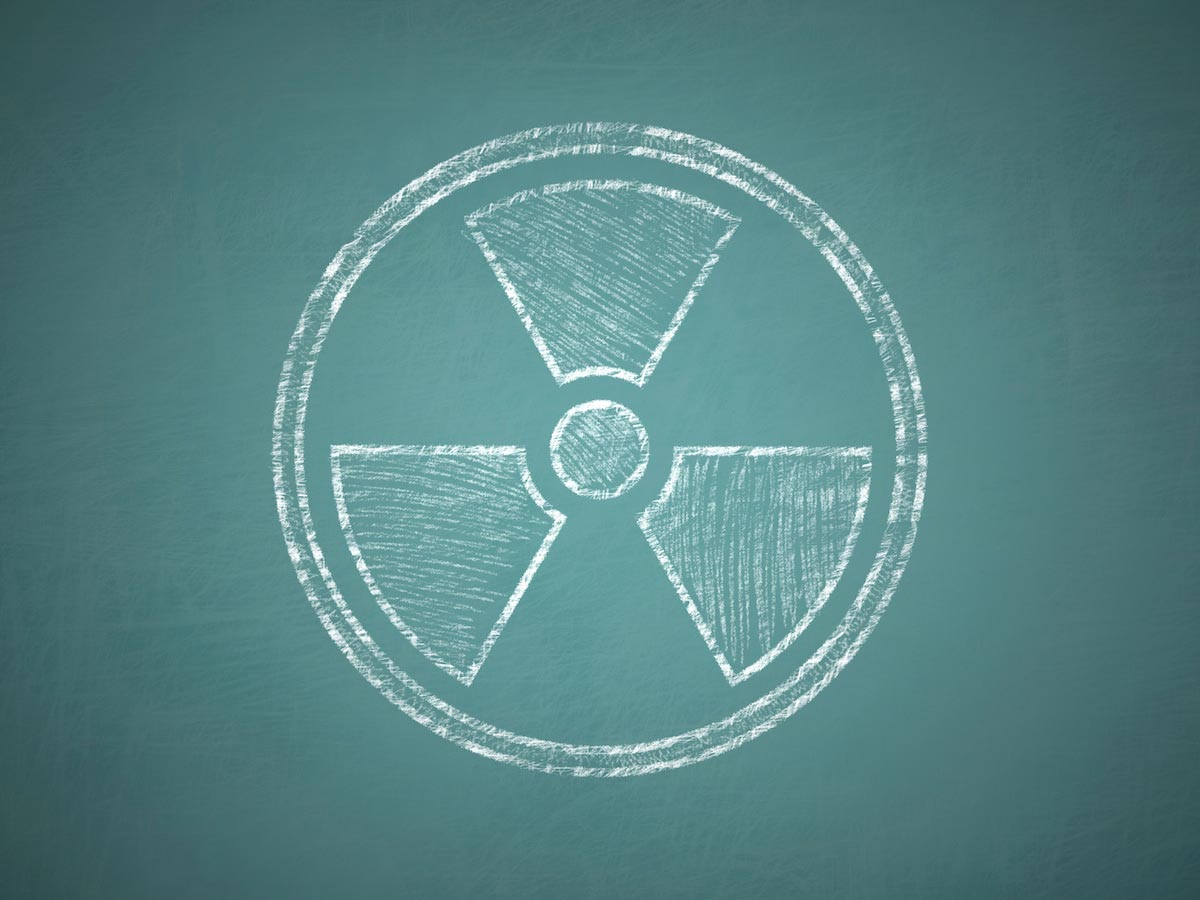
Those motorists in the Hurricane Irma evacuation zone earlier this month remotely received about 40 additional miles in extended range for their electric cars before they needed a recharge.
Tesla vehicles apparently are equipped with the same 75 kWh battery, but software installed in less-expensive models limit capacity to 60 kWh.
Gridlock on Florida roads evidently convinced Tesla to unlock all the battery packs for those in the path of the storm so that there would be less likelihood of people running out of juice while stuck in traffic heading north, the Electrek website reported.
A Tesla Model S 60 owner in Florida reached out to us with almost 40 more miles than in his usual full charge and a new ’75’ badge in his car software. While he didn’t ask for it nor knew why it changed, Tesla had temporarily unlocked the remaining 15 kWh of the car’s software-limited battery pack option to facilitate the owner’s evacuation. We reached out to Tesla and a representative confirmed that the company has put in place the emergency measure to temporarily extend the range of the vehicles of Tesla owners in the path of Hurricane Irma. The company says that a Tesla owner in a mandatory evacuation zone required another ~30 more miles of range to optimize his evacuation route in the traffic and they reached out to Tesla who agreed to a temporary access to the full 75 kWh of energy in the battery pack...
The company described the decision as the result of exceptional circumstances, and that the extra boost for affected Tesla vehicles ended on September 16.
Tesla owners were conflicted over the stopgap upgrade scenario, the New York Times explained.
Many Tesla owners cheered the temporary enhancement ahead of Irma, which made landfall in Florida on [September 10]. Some, though, said the company was kneecapping vehicle range under normal circumstances in pursuit of profit. Others were concerned that the magnanimous move overshadowed the troubling extent to which Tesla can command customers’ cars.
Tesla ordinarily charges in the range of $4,500 to $9,000 for the permanent, wireless-implemented upgrade. Tesla evidently has ended its practice of selling software-limited batteries in newer models, however.
U.S. taxpayers subsidize Tesla to the tune of $7,500 per vehicle. Taxpayers in states like California and Colorado kick in even more. The company sold about 80,000 vehicles last year. Tesla boss Elon Musk has called for Congress to end the federal subsidies. (Read more about green initiatives at Environ.news.)
Separately, Natural News has previously outlined the inherent contradiction of environmentally friendly electric cars. These pricey, trendy vehicles mostly get their electric charge via coal-fired power plants. With that in mind, according to some studies, gasoline-powered cars supposedly produce less pollution than their "clean" electric counterparts.
"Getting the materials to make lithium ion batteries, for example, is an extremely dirty business, and the electricity to recharge the batteries most likely comes from power plant fueled by coal or some other fossil fuel," Investors' Business Daily noted.
If you are a Tesla owner, are you satisfied with the service and performance? If not, would you ever consider purchasing an electric car?
Sources include:
Please contact us for more information.






















